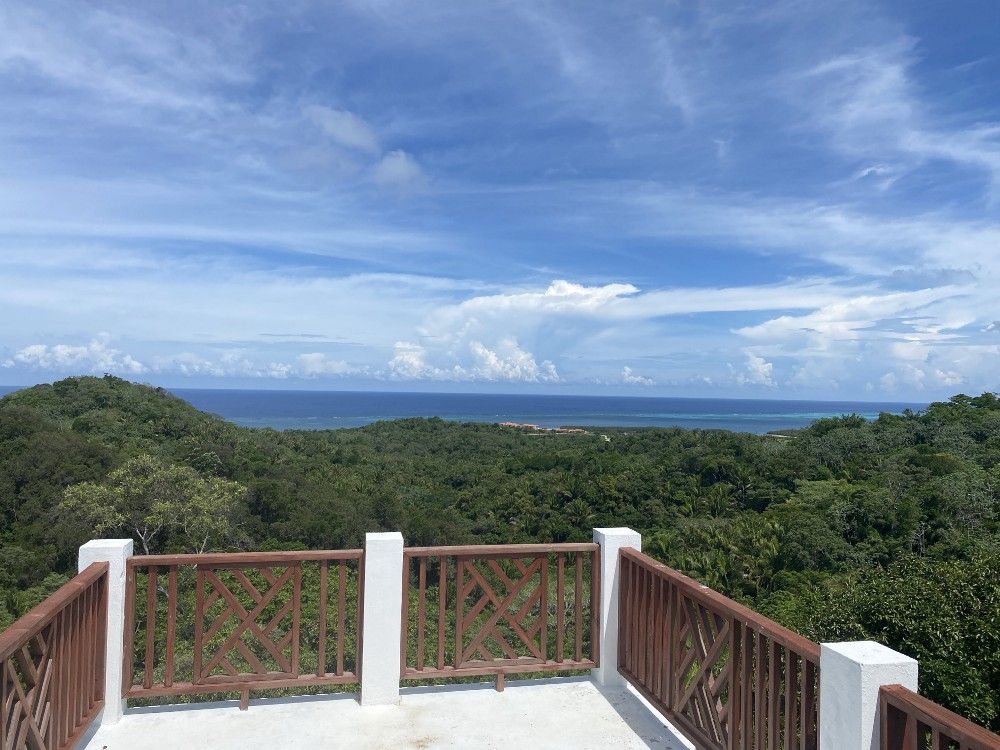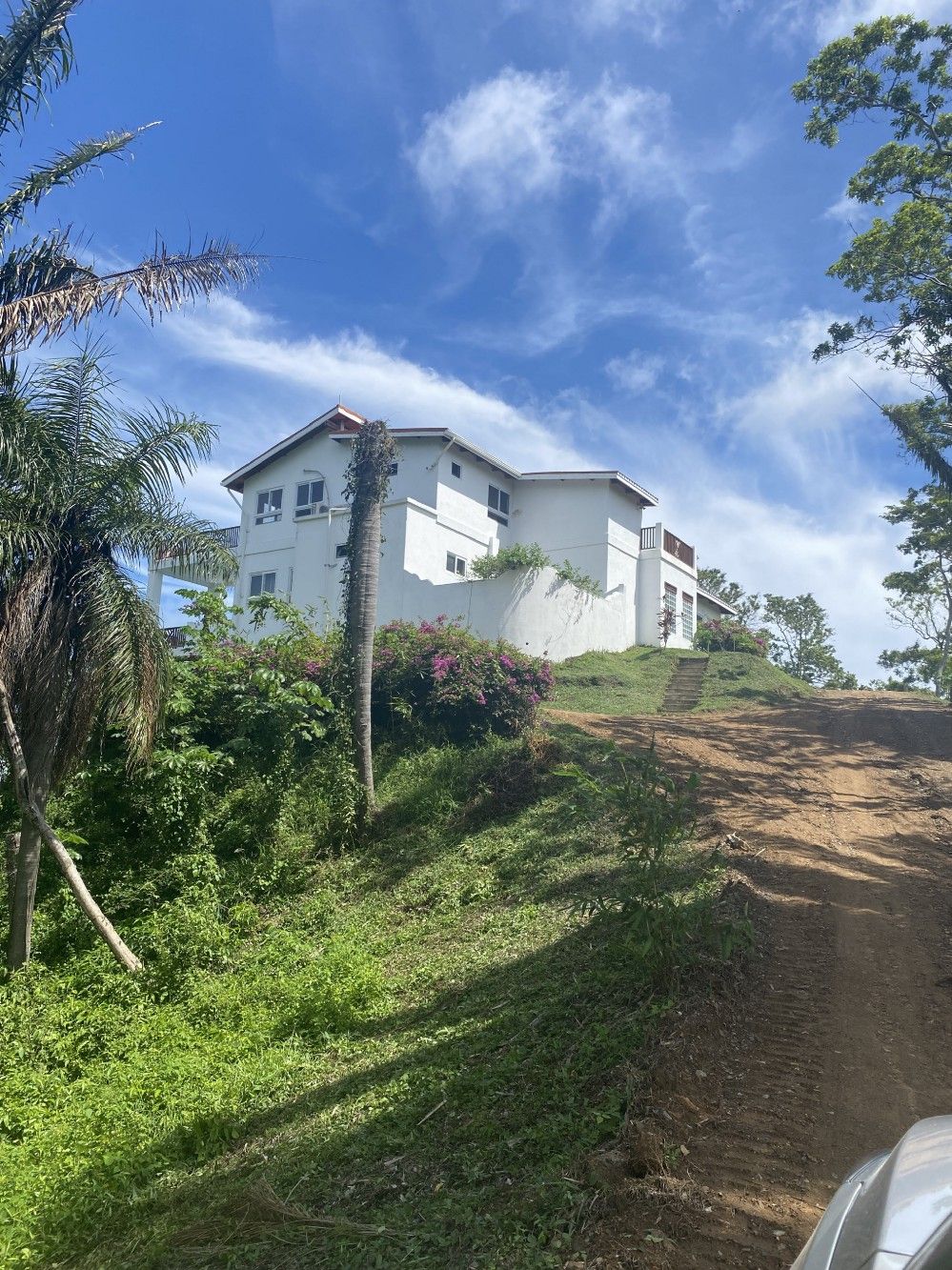Opening a Hotel in the World’s First Startup City
If you were given a patch of bare dirt in the middle of the woods, how would you build a city? Maybe you’d find investors, start building roads into a grid, and then build homes. That is one approach, and it might work. However, you might feel nervous about investing so much time and money before your first residents arrive. The worst-case scenario would be investing huge amounts of time, money, and emotional energy into building a city…and then nobody shows up to your party.
Another approach would be declaring yourself open for business the next day as a wilderness meditation retreat. Buy some nice tents and portable generators for electricity, and you are ready to rumble. To spread awareness, you could explain to people that this meditation retreat is an intermediate step to the long-term goal of building a city.
You might call your meditation retreat, "Stage 1 Wilderness Retreat." Your slogan could be: "Finding Your Inner C(hi)ty." Somebody might even find that funny. After people are regularly coming to your retreat, you would then have the confidence to build a small hotel or food stand. After this small hotel, you build a larger one. Then you build a small grocery store. You keep leveraging and iterating your way upward…forever.
To minimize risk, you build supply in lockstep fashion with demand. You ensure you are not throwing away time and money by building something that nobody wants. When it comes time to build roads and sewers lines, you would have confidence there is real demand for that infrastructure.
A city is like a startup business because it must offer its customers (citizens) a product (a living environment) that they love. If a customer does not like the product a business is offering, they will switch to a competitor if they’re able to. Similarly, if a citizen does not like the product a city is offering, they will switch to a competitor if they’re able to. A city, just like a business, needs to achieve product-market fit. This means offering a product that customers (the market) want. Whether we talk about businesses, cities, or nonprofits, the same strategies apply: Talk to customers, don’t waste resources, and offer a product that people love. Everything should work backward from the customer. If your product (city) is not better than your competitors’, nobody will come.
Unfortunately, it is not always obvious what customers want. Sometimes they don’t even know what they want until it is shown to them. They may want a Portland, a Bali, or a Hong Kong — or none of these. Navigating this uncertainty without wasting your time and energy is what startups are about.
Prospera, a startup city in Honduras, is in an early phase right now. They are trying to "kickstart" their city as we speak. I first visited it six months ago after learning about them from a friend. More background on Prospera, and my first trip down there, can be found here. After reflecting on my trip, I realized I would be crazy not to get involved. Worst-case scenario, I would have a fantastic story and would have learned a lot by following my passions. Best-case scenario, we end up building the Hong Kong of Latin America (which is their goal).
Now let’s pretend that you, the reader, also want to be involved in building a startup city (Prospera) — and that you and I join forces to become business partners. How could we help? In order to de-risk our venture and conserve our resources, let’s work on something quick, cheap, and with good product-market fit. We can’t aim directly for our goal of building a city yet — we need an intermediate stepping-stone that will bring us closer to that long-term goal.
Let’s say we had the idea of building a small hotel on Prospera’s land. After all, building costs are cheap, Roatan (the island Prospera is on) is famous for tourism, and it will only be a few months before grand opening. Our marketing angle would be, "The World’s First Startup City Airbnb."
Luckily for us, I have already talked to Prospera’s employees, and they told me that a three-bedroom house was already built on their land! It was built many years ago before they arrived, and they previously used it for their headquarters before their current office was built. It is a perfectly good house that nobody is using. I asked them, and they said we could convert it into a bed and breakfast. So, to put myself in the shoes of the customer, I spent a night there last week.

It was a nice three-bedroom house with all the basic amenities (WiFi, running water, a kitchen). It is perched on top of a hill and has gorgeous Caribbean views. It is a 10–15 minute drive to the beach, and a three-minute drive to Prospera headquarters. It was spacious and could fit five guests.
The drawbacks to this house are that it is not walking distance to the beach, and that it does not have a restaurant. There is a grocery store nearby, but there is no room service or DoorDash; this would be an inconvenience for customers. It also does not have any concierge or activities (scuba lessons) like nearby hotels. However, this could be an expansion opportunity. We could convince a snorkeling instructor to offer special rates to our guests. In the meantime, though, this hotel would be for people interested in Prospera. Our potential customers would likely be young entrepreneurs wanting to stay in a "hacker house" and debate politics, startup cities, and economics. That is the main attraction.

This nascent hotel (called the Tortuga House) needs some light refurbishment before welcoming guests. I estimate a $10–20k investment in new furniture, a new paint job, and other cleanup would make a big difference. We should plan to keep the refurbishment light, so that it only takes three or four weeks to get to Grand Opening. Opening this hotel would help promote the city, build momentum, and draw in early customers — all of which are needed in an early-stage startup like Prospera.
The main question, however, is: Will there be enough demand for this hotel? There is some general interest in Prospera, but I am unsure if one person per week or one person per month would stay in this hotel. This is impossible to know ahead of time.
Before we make a final decision, I suggest we do two things: First, get quotes from painters and interior decorators. Second, look for a housekeeping service that cleans, prepares, and turns over Airbnbs. It is a touristy island, so there must be housecleaning businesses that offer this service. If we find a great painter, interior decorator, and cleaner to do these jobs for a reasonable price, then the hotel becomes a comparatively more attractive option. If it is hard to find a reasonably priced painter and decorator, then the hotel becomes comparatively less attractive. I will follow up on these two avenues and keep you updated.
In any startup, whether it is a business, a nonprofit, or a city — you need to minimize risk and conserve time, money, and energy. You want to offer the best product imaginable while consuming as few resources as possible. To do this, you should try a large number of small experiments, rather than a small number of large ones. As much as possible, the market should pull resources out of you — rather than you pushing resources onto it. We must think iteratively to de-stress our startup journey — whether the product is a baby toy, a rocket, or a city. We also need great partners surrounding us — which is why I’m glad I found you.
